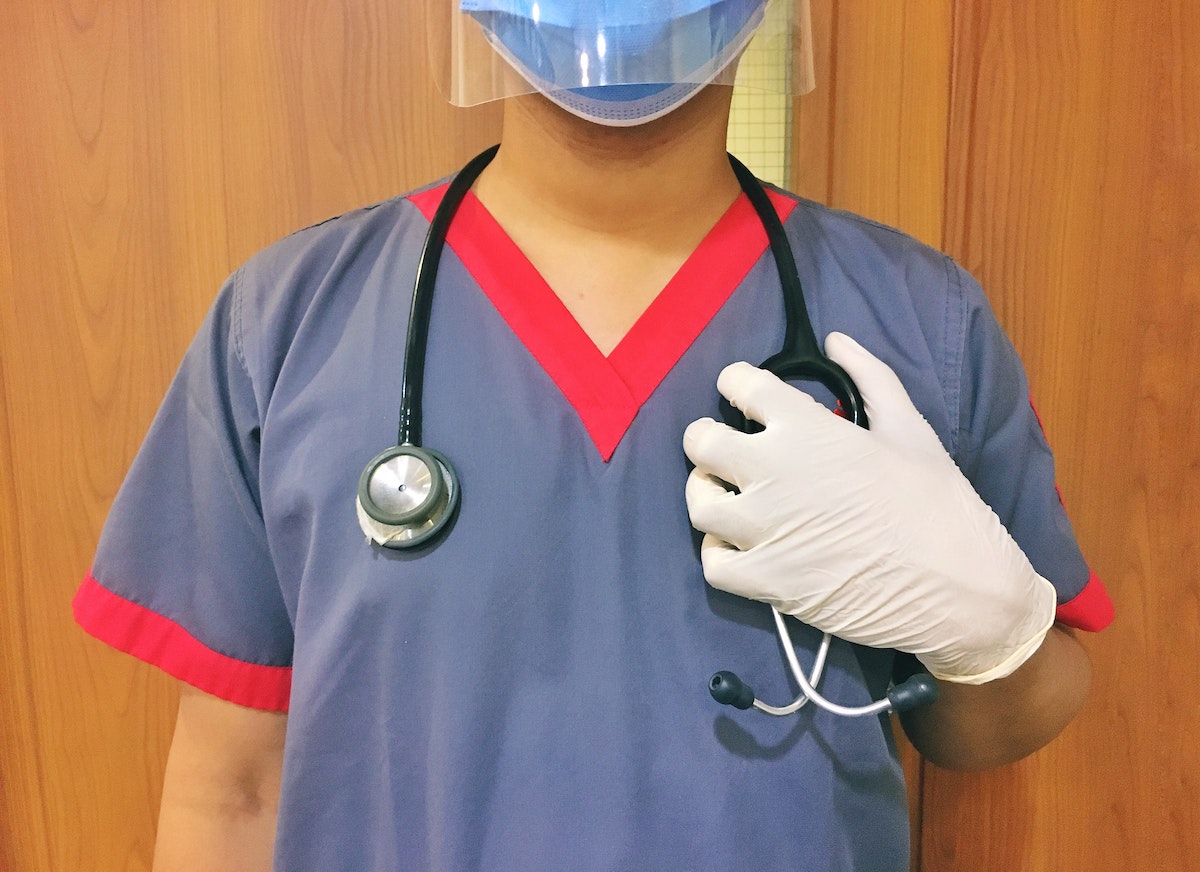Every person has a right to quality medical care. In the past few years, healthcare has made giant leaps of advancements. Technology and research have done wonders to improve the quality of medical care. New innovations are introduced with the promise to advance the current healthcare trends.
Quality medical care becomes possible through multiple channels, with nurses at the center of every process. It is their job to ensure that every person has adequate access to basic and necessary facilities.
We focus on the role of registered nurses in providing quality medical care.
- The Role of Registered Nurses
- 1. Innovate their practice to suit the needs of the patient
- 2. Assist in surgeries and other medical procedures
- 3. Operate medical equipment
- 4. Collaborate with medical teams
- 5. Provide bedside care
- 6. Use technology to provide healthcare in remote areas
- 7. Provide home healthcare
- 8. Empathize with the patients
- 9. Educate other nurses
- Prospects for RNs
- The Significance of RNs
The Role of Registered Nurses
Registered nurses (RNs) are nurses who have passed their nursing exam after a diploma or a BSN. They undergo extensive coursework and rigorous training to provide patients with the best possible medical care.
RNs are registered by their country to practice medical care all across the world. They often work under the supervision of physicians in hospitals and clinics.
RNs have at least two years of education before they are eligible to sit for their exam.
They can ensure that quality medical care is provided to the patients in the following ways.
1. Innovate their practice to suit the needs of the patient
RNs are well-versed in medicine. One of their many duties in a healthcare facility is to make sure that their patients are comfortable. Personalized care is one way to achieve this goal.
Mastering personalized care requires an extra set of skills. RNs who realize the importance of skills and advanced qualifications often go for RN to BSN degree programs. This is because a BSN focuses on research and methods to constantly improve healthcare. This way, RNs can ensure that every patient is best looked after.
2. Assist in surgeries and other medical procedures
RNs are not authorized to practice independently. However, they can assist physicians and surgeons during complicated medical procedures.
Doctors cannot practice to perfection without the help of nurses. They need an extra set of hands to help them in various medical procedures. This is where RNs come in. They make sure that the patient is comfortable enough during the procedure and provide medical care after they are done. They administer the medicines on time and keep an eye on the patient’s vitals.
3. Operate medical equipment
Medical equipment is used to measure certain vital signs like blood pressure, blood glucose, respiratory rate of the patients. Operating them is simple, but the challenge is to operate them while maintaining safety. RNs are trained to handle such medical equipment and make sure they are sterilized. They also educate patients on how to use them independently.
4. Collaborate with medical teams

Chronically ill patients need maximum medical care for a speedy recovery. The number of chronically ill patients has significantly increased in the past few decades. The main reason for this is the increase in the average life expectancy. More and more people approach old age with chronic illnesses like cancer and dementia.
RNs work in hospice to provide medical care to chronically ill patients. They collaborate with medical teams consisting of specialists by providing patient information and details of their medical history.
5. Provide bedside care
RNs provide medical care to patients in the hospitals after doctors check their symptoms and prescribe medicines. They make sure that the patient is well looked after.
RNs tend to the wounded in emergency and trauma departments and administer pain-relieving medicines to ensure a painless and speedy recovery. They work impossible hours to attend to the patients at all times.
6. Use technology to provide healthcare in remote areas
Technology has allowed access to healthcare in every part of the world. Telehealth is one of the latest technological trends in healthcare that has changed the world for the better. It is beneficial to people who cannot travel freely due to a chronic illness or lack of resources.
In areas where access to medical care is limited, RNs ensure that people are well tended to. They work as telehealth operators and provide instructions to people regarding their medical conditions. In case of emergencies, they can reach the location and look after the patients themselves.
7. Provide home healthcare
RNs often make house calls in emergencies to provide medical care to the patients. Due to covid-19, the home-care trend increased considerably. People were encouraged to stay at home and request home healthcare in a medical emergency.
Physicians rarely make house calls. In the US, less than 1 percent of physicians visit the patient at home. In contrast, RNs make significantly more house calls.
Engaging with patients in their homes allows the RNs to observe how they engage with their families. They also observe how the surroundings and environment impact the patient’s health. Keeping in view all the factors, they can provide better strategies for healthcare and educate the families on how to care for the patient in the best possible way.
8. Empathize with the patients
Empathy is important! Patients must know that you understand the extent of their discomfort due to their illness.
Being an RN is tough. Many nurses experience burnout due to long hours and exhaustion. Even in these circumstances, they empathize with the patients, so they feel comfortable sharing information regarding their medical condition. This allows the RNs to make an accurate record of patient history and list all their symptoms.
9. Educate other nurses
Sufficient experience of RNs allows them to train the new nurses who have recently started to practice. They can act as mentors and teach the new nurses about the latest practices to improve patient satisfaction.
Healthcare is constantly evolving. There is always some new trend that is breaking barriers in healthcare. RNs have a responsibility to keep the new nurses up-to-date with the latest practices to ensure the quality of medical care.
Prospects for RNs
The demand for RNs is increasing due to an increase in the aging population. More and more people require quality healthcare in various healthcare settings.
The U.S. Bureau of Labor Statistics predicts that the employment of RNs is expected to increase by 9 percent in this decade. About 194,500 new positions open for RNs every year in the US.
The Significance of RNs
Nurses are the backbone of the healthcare system. Without nurses, physicians and surgeons cannot work optimally. RNs hold a significant position in every healthcare facility they work in. They ensure that medical care is provided to every person who suffers from a medical condition, however mild or severe.




